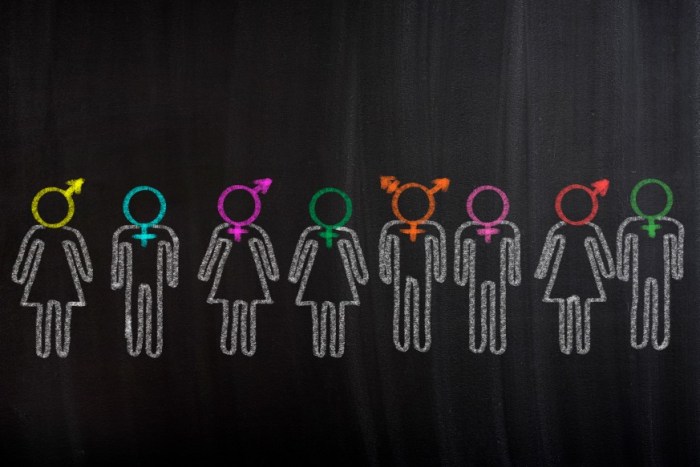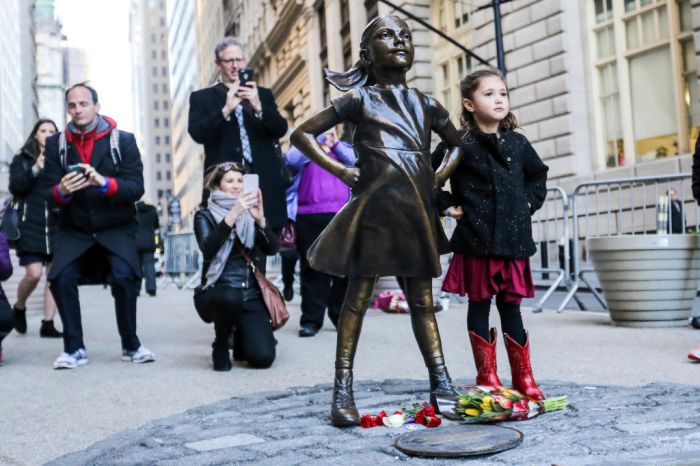Starting Jan. 1, 2019, all NYC birth certificates will include a gender X option for New Yorkers who do not identify as male or female.
City Council and the Board of Health passed the gender X legislation on NYC birth certificates earlier this week. The ruling also allows individuals to no longer need a doctor’s note or affidavit from a health care provider to change their gender.
“Today is a historic day for New York in its role as a worldwide champion for inclusivity and equality,” City Council Speaker Corey Johnson said in a statement to NBC News. “I especially want to thank the LGBTQ community for their advocacy and work on this issue to keep New York City in its rightful place as a leader in human rights.”
RELATED: With students who identify as gender-fluid on rise, colleges are making changes
Johnson introduced the NYC birth certificates legislation for the gender X category in June with the support of Mayor Bill de Blasio. It passed in City Council with 41 in favor and six against.
The nonbinary gender will “allow transgender and gender nonconforming New Yorkers to live with the dignity and respect they deserve,” the mayor said over the summer.
A city official told NBC News de Blasio is expected to sign the NYC birth certificates legislation soon.
NYC birth certificates change joins legislation in four states
 When gender X appears as a choice on NYC birth certificates, the city will join Oregon, California, Washington and New Jersey as states that allow residents to choose a nonbinary gender on the documents, which are needed to access many state and local services.
When gender X appears as a choice on NYC birth certificates, the city will join Oregon, California, Washington and New Jersey as states that allow residents to choose a nonbinary gender on the documents, which are needed to access many state and local services.
Residents of Oregon, Maine and Washington, D.C., are able to choose a nonbinary gender on their driver’s license, which California will add in January.
“To actually have a certificate that matches who you are, it’s not just the importance of unlocking the things you deserve,” Johnson said at a press conference at City Hall. “It also gives that individual a level of internal comfort, a level of safety, that they’re going to be OK when they’re in average, everyday situations — to not be harassed and to not be questioned, ‘is that who you really are?’”
























